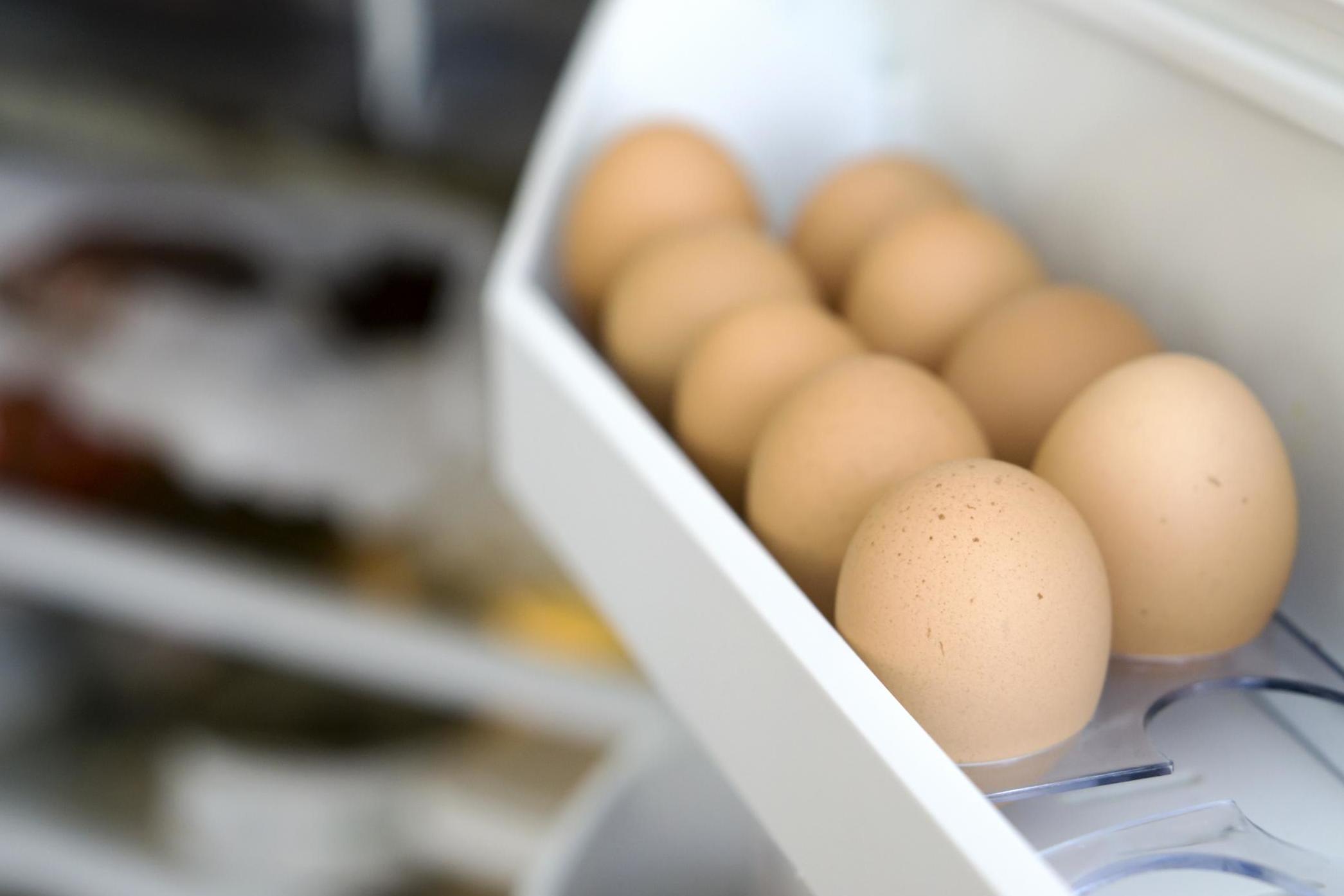Storing eggs in the fridge door can make them go rotten faster, warns expert
Step away from the egg rack

Your support helps us to tell the story
From reproductive rights to climate change to Big Tech, The Independent is on the ground when the story is developing. Whether it's investigating the financials of Elon Musk's pro-Trump PAC or producing our latest documentary, 'The A Word', which shines a light on the American women fighting for reproductive rights, we know how important it is to parse out the facts from the messaging.
At such a critical moment in US history, we need reporters on the ground. Your donation allows us to keep sending journalists to speak to both sides of the story.
The Independent is trusted by Americans across the entire political spectrum. And unlike many other quality news outlets, we choose not to lock Americans out of our reporting and analysis with paywalls. We believe quality journalism should be available to everyone, paid for by those who can afford it.
Your support makes all the difference.When it comes to matters of the yolk, the fridge vs. cupboard debate is a contention as old as time.
While one person will tell you that eggs stay fresher for longer when kept in the fridge, another will defiantly keep them in a dry goods cupboard, probably because that’s what their grandmother did.
However, eggs which are stored in a rack on the fridge door will go off quicker, a food storage expert has warned.
Vlatka Lake from Space Station, claims that keeping eggs in a built-in egg rack means they are frequently exposed to sudden changes temperature when the fridge door is opened and closed.
This means they are more likely to go rotten, reports The Sun.
Lake's advice supports claims made by Good Housekeeping in May, when Sara Benwell, consumer editor at the title, explained that eggs are safest when kept at a temperature that can be maintained.
She recommend keeping them in their box and storing them on the middle shelf of the fridge.
The British Egg Information Service also advises keeping the box of eggs away from other strong smelling foods, as egg shells are porous.
In order to avoid all possibilities of contamination, they also suggest keeping them well away from raw meats.
Meanwhile, the optimum temperature at which to maintain freshness and quality is 20°C and future scramblers and poachers alike should take their eggs out of the fridge 30 minutes prior to cooking them to ensure that the shells don’t crack due to sudden temperature changes.
They also advise against cooking with expired or dirty eggs, but you knew that already, hopefully.
Join our commenting forum
Join thought-provoking conversations, follow other Independent readers and see their replies
Comments